대선을 이끄는 여성주자 5인을 말한다
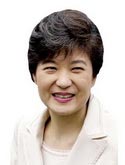
Park GH has been particularly a strong leader of her party through elections. Under her leadership, the opposition party swept two general elections and four by local elections. She is widely recognized for her 'election leadership'.
Since announcing her bid for presidency, she also continued maintaining the two digit approval rating in a number of voter surveys. She has been by far the strongest of the bunch.
Park will no longer be seen in the presidential race this time, after her defeat in the party's nomination vote. Yet, she paved the way for other female political leaders who aim at becoming the top office.
Park contributed significantly to raising the standing of female politicians in Korea through the nomination process, and established her political ground by shaking off the image as dear daughter of late former president Park Jung-hee.
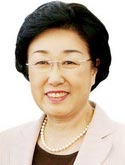
In 2004, she became the first female prime minister in Korea, and therefore, the first one to break the glass ceiling built against women. Han won 6.8 precent, or the fourth place, in an approval rating survey to candidate wanna-bes in the ruling party.
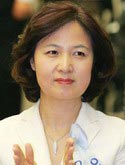
When the Democratic Party faced a major crisis in 2004 after the scandalous impeachment of President Roh Moo-hyun, she was appointed to lead the besieged political party during the election period. Then, she got the nickname called 'Choo D'arc' for making apologetic bows all along the roads across the country. She failed to preserve her seat in the general election, and left the country to study the field of the Korean Peninsula in the United States.
Choo is seen as lagging behind more high-profile Han, but she has a strong appeal to young voters. Her separation from the real-world politics in the past three years can also help her lure more votes.
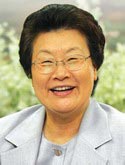
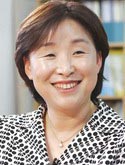
She worked for a number of union organizations including the Metal Federation under the Korean Confederation of Trade Unions. Working as deputy director in the union organization predominated by men, she horned her strong leadership in the labor area, earning her nickname 'the Iron Woman'.
She entered the political scene in 2004, securing the propositional representation seat in the National Assembly. She has been considered expert in economic polices, winning praises for her professional knowledge in the Finance and Economic Committee of the National Assembly. She also plays a key role in laying the policy groundwork for her Democratic Labor Party. She was also ranked No. 1 in the list of competent women lawmakers last year.
by Kwon Ji-hee

